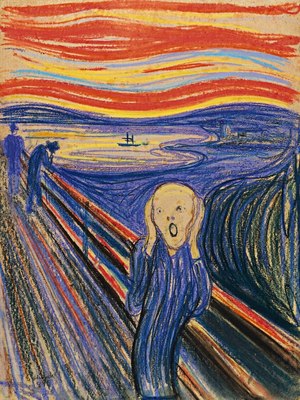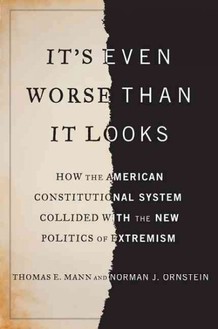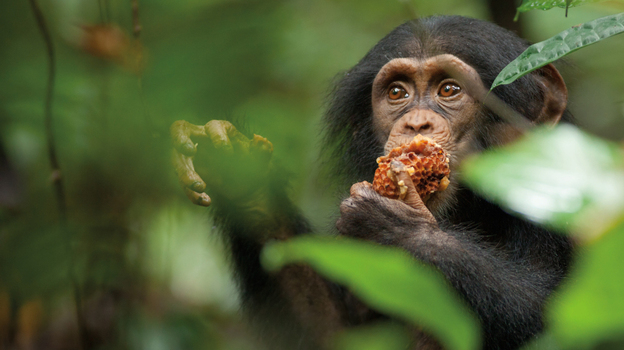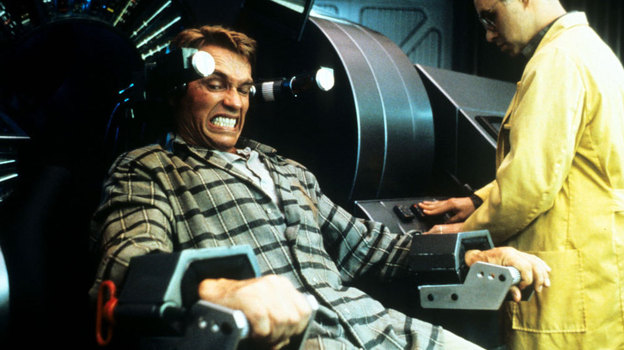 Monday, May 7, 2012 at 11:28AM
Monday, May 7, 2012 at 11:28AM 'Wired To Run': Runners High May Have Been Evolutionary Advantage
"Endurance athletes sometimes say they're "addicted" to exercise. In fact, scientists have shown that rhythmic, continuous exercise — aerobic exercise — can in fact produce narcoticlike chemicals in the body."
shown that rhythmic, continuous exercise — aerobic exercise — can in fact produce narcoticlike chemicals in the body."
"Now researchers suggest that those chemicals may have helped turn humans, as well as other animals, into long-distance runners."
"The man behind the research is University of Arizona anthropologist David Raichlen, a runner himself. He does about 25 miles a week."
"Being human, Raichlin has some tools that help — short toes that don't get in the way, for example, and big joints in the legs to absorb shock. But he thinks humans are also 'wired to run.'"


















